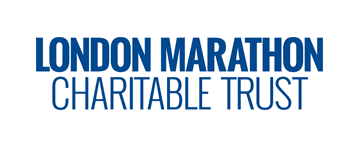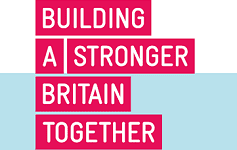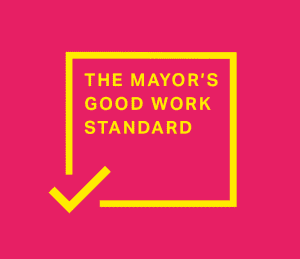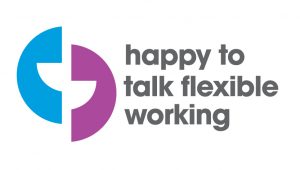We’re not on a conveyor belt
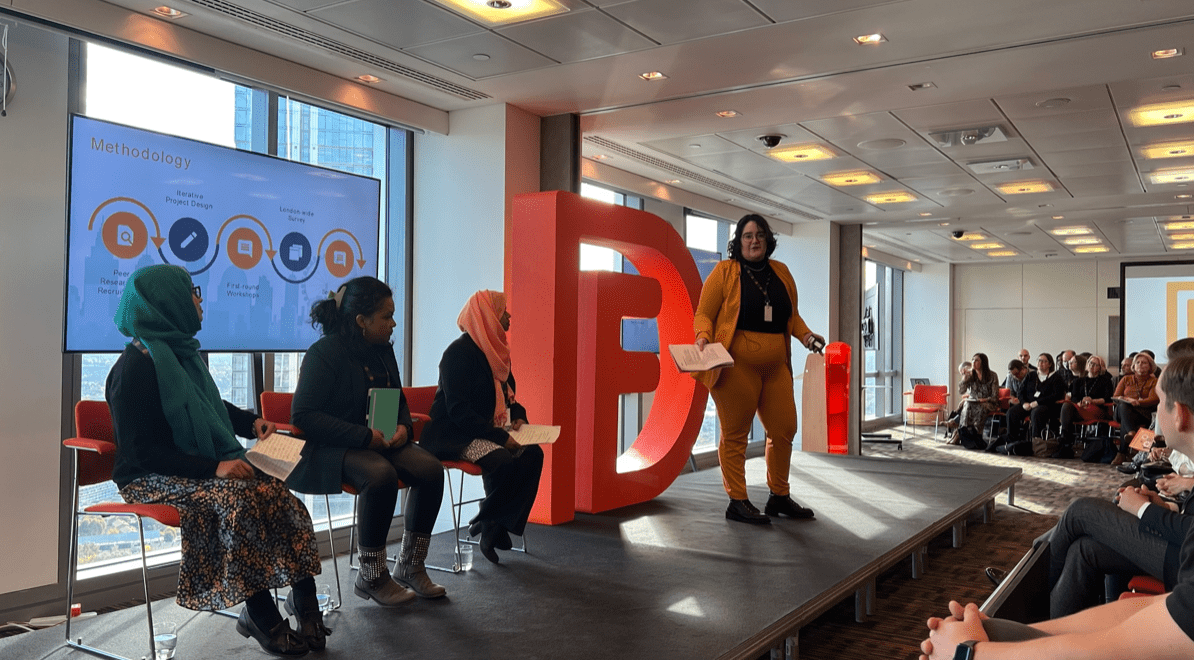
Problem debt is a significant issue in London, with around one in twenty families in arrears on at least one of their household bills.
The impact of the pandemic has exacerbated this situation, making it all the more vital to listen to the lived experience of people who would benefit greatly from access to debt advice services. In this research we assembled a group of peer researchers who all had experience of problem debt to co-design and co-produce research into what advice services could do to make the experience more accessible and empowering.
In this work we’ve heard how important it is for people struggling with debt to hear other people’s stories, particularly those they can connect with. People also shared how important it is for debt advice services to build the feeling that if you’re in debt there are options out there for you and that you can in fact emerge from this crisis. Many co- designed recommendations developed over the course of this research touch on this theme of recovery and rehabilitation, whether they’re linked to tackling stigma, building trust in advice services, or involving ex-service users in supporting others.
Specifically this research aims to:
- Address issues of accessibility and ensure debt advice services reach and support the people who need them;
- Identify the solutions to these issues for which people with lived experience of debt have a strong preference;
- Co-design a prototype of accessible and empowering debt advice support for Londoners by Londoners.
Together, our peer researchers and participants grappled with a range of debt and debt advice related issues. These included wider issues such as the importance of tackling the stigma associated with being in debt, as well as delving deep into how a debt advice session should run, and how advisors should communicate the options available. Discussions also examined: how clients should be able to communicate with the service throughout their journey; how to make debt advice centres welcoming environments; how to support clients with the other related problems that come with debt; how to build awareness of debt and advice services; and how to support service users after their crisis has been resolved through recovery and rehabilitation.
For this research we used both quantitative and qualitative methods in this study, with eight lived experience workshops with 55 participants and a London-wide survey of 1120 people with experience of problem debt to co- produce our recommendations.
Our key findings and top recommendations include:
Debt stigma is still incredibly prevalent and represents a large barrier for people seeking advice.
Participants and peer researchers across the board experienced a strong sense
of shame and isolation when in debt. Creating opportunities to discuss debt issues publicly and share the stories of people who have been in debt was brought up again and again in our workshops as a way of normalising talking about debt, showing that debt happens to all types of people, as well as encouraging people to seek debt advice.
A proactive approach to developing community awareness of debt and debt advice options available is needed.
In our workshops participants recommended that advice services should go out into the community to raise awareness of their services. People who had never used advice services before were often confused about where to go for help and who they could trust for advice, a finding echoed in open text responses to our survey. In particular participants saw two key reasons for debt advice services to organise proactive outreach: firstly, outreach would help embed the advice centre in the local community, and secondly, making people aware of services before they needed them would allow for earlier intervention for those with problem debt.
Flexibility in how and when an individual can contact a debt advice service
Having a combination of in-person and online/telephone advice channels was seen as essential for getting the widest range of people to use advice services, especially with our survey showing that over half of respondents would only feel comfortable using a single option from all those available to contact a service.
Creating a supportive environment requires recognising the additional stressors that often accompany debt.
Debt needs to be recognised within service design and delivery as an issue that brings with it additional related problems, particularly poor mental health and wellbeing. In particular, advice services need to be aware that advice sessions are often overwhelming for people and that follow-through by the user on required actions can be impaired by these factors. Providing resources earlier and in a form that people can take their time with at home go a great way to helping people to take action, as does signposting to other local organisations to help with interconnected issues such as the threat of eviction or mental health crises.
Welcoming informal environments would make it much easier for people to seek help.
A warm and welcoming environment helps people feel less apprehensive about using debt advice services. Our participants across all workshops and in our survey passionately advocated for friendly and welcoming spaces with sofas, teas and coffees, and small libraries that were set up more like a community hub or a café, rather than the more common similarity to a GP waiting room which served to make people more stressed.
More post-crisis support is vital for ensuring people continue to stay debt-free.
Throughout our workshops and surveys people strongly desired some form of post-advice support after their crisis had been resolved, particularly with tackling some of the lasting issues left by their debt. People were also keen to be involved in this process as well, wanting opportunities to help others who were going through the same thing. Advice services should focus on developing accessible tools which enable former service users to stay out of debt and recover from its negative consequences, such as poor credit scores, as well as providing opportunities to get involved with helping the organisation in its mission.
Overall we found that people who had experienced problem debt wanted a dramatic shift in the culture around addressing this issue; they advocate for the creation of safe and welcoming advice services which provide both crisis support and long-term recovery, and an emphasis on proactive awareness-raising amongst general society that problem debt is in fact both common and survivable. And they want to be involved in helping bring about this cultural shift, they actively welcome opportunities to share their stories to help people feel less alone and encourage them to seek help earlier, as well as training to become debt advisors. They recognise – and want the sector to do so too – the value of people with lived experience of problem debt being involved in designing and delivering the solutions. We strongly urge the sector – and its funders – to hear them and act on their calls to action.




